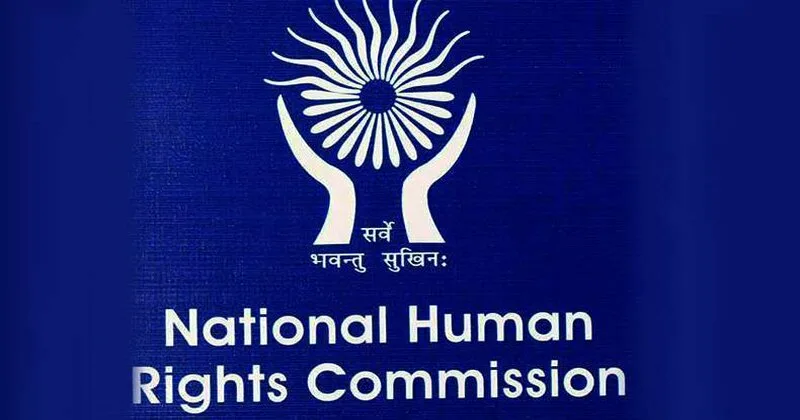
The National Human Rights Commission (NHRC) has directed the Central and Madhya Pradesh governments to ensure the protection of human rights for those affected by the Bhopal gas tragedy. In response to a petition by Supreme Court advocate and human rights activist Radhakanta Tripathy, the NHRC ordered the Ministry of Environment, Forest, and Climate Change and the Madhya Pradesh Chief Secretary to dispose of the toxic waste remaining at the disaster site. The petition highlighted the ongoing human rights violations stemming from the tragedy, even 40 years after it occurred, and emphasized the need for urgent action to address health, environmental, and social concerns.
Tripathy’s petition underscored the tragic consequences of the 1984 gas leak, which resulted in over 22,000 deaths and left half a million people with long-term health issues. He pointed out that toxic waste contamination continues to affect groundwater, leading to chronic health conditions, birth defects, and displacement. Residents near the site, particularly in Brij Vihar, have abandoned their homes due to unsafe living conditions. The petition also emphasized the wider environmental impact, such as damage to soil, water, and biodiversity, and the bioaccumulation of toxins that pose risks to both humans and wildlife.
In its order, the NHRC acknowledged the urgency of addressing the victims’ basic rights, including access to safe drinking water, proper medical care, and a clean environment. It instructed the authorities to take action within eight weeks and keep the petitioner informed of the progress. Tripathy called for accountability and justice for the affected residents, criticizing the government’s failure to resolve these issues despite existing laws and policies. The NHRC’s directive aims to mitigate the lingering effects of one of the worst industrial disasters in history.

Post Your Comments